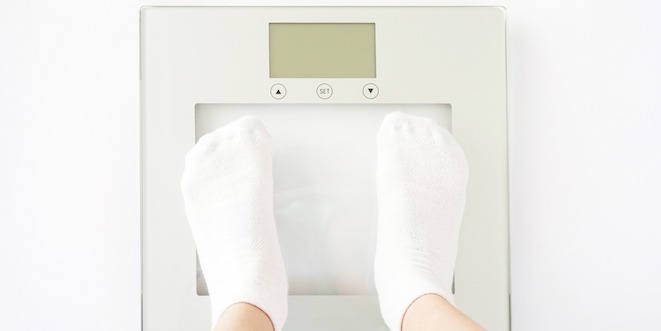When you think about diabetes symptoms, drinking and peeing comes to mind. But there are other symptoms that can indicate a need to get checked for type 1 diabetes.
What is type 1 diabetes?
Type 1 diabetes is an autoimmune disease that causes the body’s pancreas to stop producing insulin. Type 1 diabetes is usually diagnosed in childhood, adolescence or early adulthood. While it can be diagnosed in people who are over 40 years old, this is very rare.
There are both signs and symptoms of type 1 diabetes: symptoms are experienced by the person affected by the disease; signs can be detected by someone other than the person affected by the disease.
Symptoms of type 1 diabetes
The most common symptoms of type 1 diabetes are frequent urination and excessive thirst. Urinating is the body’s way of trying to get rid of extra glucose in the blood. As a result of urinating very frequently, people can become very dehydrated and feel the need to drink more fluids than normal.
Other symptoms of type 1 diabetes include:
- Irritability and mood changes: any non-specific mood changes or increase in irritability, including general moodiness or crying, may be an early sign of diabetes.
- Tiredness and weakness: increased fatigue, or needing more sleep/naps than usual may be an early sign of the disease.
- Fruity odour on the breath: this is caused by high ketones in the blood, and is something that is detectable when having a conversation with someone.
Contact your healthcare team immediately, if you notice that you or your child have several of the above symptoms.
Signs of type 1 diabetes
The signs of diabetes include:
- High blood sugar levels: this would be detected by a doctor, through a blood test.
- Unexplained weight loss: new-onset weight loss that occurs even when you are eating normally and feel hungry, can be an early sign of diabetes.
- A fast heart rate: this may or may not be something that you can feel, but is usually first detected by a doctor during a physical examination of heart rate.


 Diabetes Care Community Learn, connect and care
Diabetes Care Community Learn, connect and care
